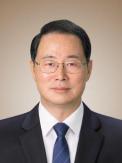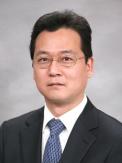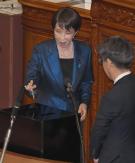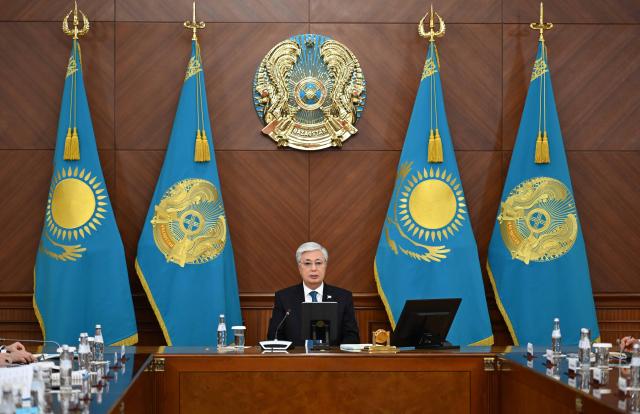
[This opinion article was contributed by Nurgali A. Arystanov, Ambassador of the Republic of Kazakhstan to the Republic of Korea.]
SEOUL, February 3 (AJP) - On Jan. 28, 2025, Kazakhstan President Kassym-Jomart Tokayev chaired the extended government meeting, where he outlined key national priorities aimed at accelerating Kazakhstan’s economic development, fostering global partnerships, and advancing technological innovation. His strategic vision presents numerous opportunities for deepening bilateral cooperation between Kazakhstan and South Korea. In this regard, I would like to briefly share my views on the new vistas for our partnership.
First, the President focused on economic diversification and investment opportunities. It was outlined that Kazakhstan’s economy demonstrated strong growth in 2024, expanding by 4.8% with robust performances in agriculture, construction, trade, and transport. Kazakhstan is rich in rare earth metals deposit, containing 17 types of critical elements. This presents new opportunities for cooperation with South Korea, a leader in advanced technologies. The Korea Institute of Geoscience and Mineral Resources (KIGAM) is already working with Kazakhstan on exploring lithium deposits. Such collaborations will be instrumental in utilizing Kazakhstan’s resource potential to overcome value chain disruptions.
President Tokayev also reaffirmed that Kazakhstan remains a top investment destination, attracting $12.7 billion in foreign direct investment in the first nine months of 2024. The Government of Kazakhstan will continue improving the investment climate, welcoming new investors, and introducing additional incentives and a comprehensive ecosystem to attract high-quality investments.
Emphasizing the importance of optimizing investment processes, President Tokayev highlighted the efforts of the Investment Headquarters in reducing bureaucratic barriers and streamlining procedures for both foreign and domestic investors. Over the past year, the headquarters successfully resolved issues related to 115 projects worth $50 billion, reinforcing Kazakhstan’s attractiveness as a regional investment hub.
To support this vision, the country is prioritizing large-scale investment projects across key sectors, including manufacturing, transport, logistics, information technology, and agriculture, with a particular focus on fostering partnerships with Asian nations.
Here, I would like to draw the reader’s attention to the fact that South Korea, in particular, emerged as the fourth-largest investor, following the Netherlands, Russia, and Belgium, with $907 million invested in the first nine months of 2024. To further strengthen partnerships and expand opportunities, Kazakhstan continues to refine policies that streamline investment mechanisms and foster long-term economic cooperation.
As President Tokayev stated at the Government meeting, Kazakhstan remains committed to enhancing energy efficiency and advancing green initiatives.
In the energy sector, Kazakhstan is making significant strides in expanding its renewable capacity, with an additional 450 MW set to be generated this year. Agreements for the construction of Kazakhstan’s first nuclear power plant in the Almaty region are nearing completion, with plans for a second and third nuclear plant also in development. A new plant for wind power components is also under construction, further reinforcing the country’s transition to clean energy. At the same time, major investments in gas power plants and renewable energy infrastructure will help address energy shortages, particularly in the southern regions.
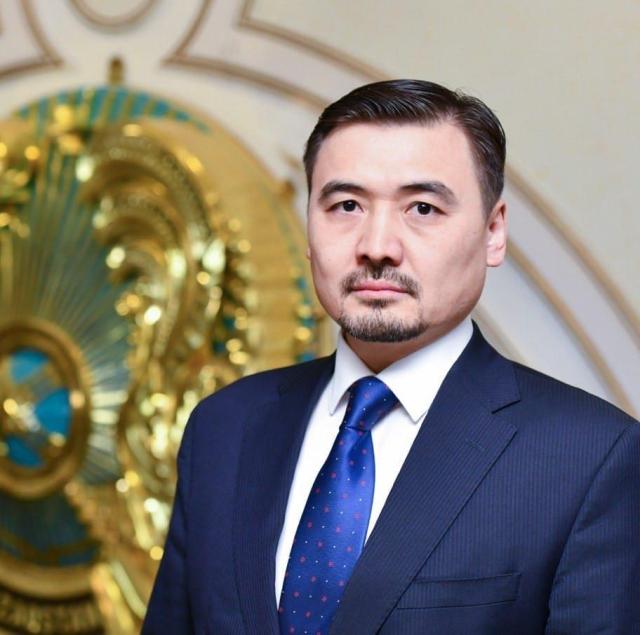
In this regard, I would like to emphasize the importance of Kazakhstan’s cooperation with global institutions such as GGGI, GCF, and AFoCO in advancing sustainability and environmental initiatives. South Korean companies, particularly Doosan Enerbility, are playing a key role in supporting Kazakhstan’s green transition, contributing to the development of renewable energy and upgrading its energy infrastructure and enhancing energy security.
Second, it is well known that Kazakhstan is making major strides in logistics and transport development, with projects such as the Trans-Kazakhstan Railway Corridor strengthening its position as a global transit hub. The Government is also transforming major airports into international aviation hubs, making use of Kazakhstan’s open skies policy and fifth-freedom rights. This initiative is expected to help expand business and tourism connectivity. Furthermore, Kazakhstan’s logistics sector is set to benefit from enhanced e-commerce-based supply chains.
Tourism, as President Tokayev noted, is becoming an increasingly important driver of economic growth. To unlock its full potential, Kazakhstan is focusing on infrastructure development, enhancing accessibility to its unique natural reserves and cultural heritage sites while actively engaging private investors in the sector.
In this context, one could see positive dynamics in Kazakh-Korean ties. For instance, strengthened air connectivity between Kazakhstan and Korea has played a crucial role in fostering people-to-people exchanges. With 15 weekly flights operating on the Astana-Seoul and Almaty-Seoul routes, travel between the two countries has become more convenient, leading to a notable increase in visitor numbers. In 2024, the number of South Korean tourists exploring Kazakhstan reached 40,180, marking a 12% rise, while Kazakh citizens traveling to South Korea grew by 8%, totaling 53,224. These trends reflect the growing interest in cultural and business exchanges, further deepening bilateral ties.
Third, Kazakhstan will continue its multivector and balanced foreign policy. In his speech, President Tokayev emphasized Kazakhstan’s role as a “middle power” in global affairs, reflecting high level of international trust. In today’s complex geopolitical landscape, strengthening cooperation with neighboring countries, particularly in Central Asia, remains a key priority.
At the same time, advancing bilateral partnerships plays an equally important role in expanding Kazakhstan’s external ties. In this respect, there have been several important visits, which took place in 2024. Our bilateral ties are reinforced by high-level exchanges with South Korea, including a presidential state visit to Kazakhstan in 2024, the first official overseas visit of National Assembly Speaker Woo Won-shik to Kazakhstan in October, and Deputy Prime Minister and Foreign Minister Murat Nurtleu’s visit to South Korea in November.
Finally, fourth, Kazakhstan will keep investing in human capital. As President Tokayev assured, Kazakhstan continues to upgrade its standing in education and scientific research, ensuring transparency and accountability in funding. This commitment is also reflected in Kazakhstan’s growing cooperation with South Korea in the field of education. In 2024, Minister of Science and Higher Education Sayasat Nurbek made two significant visits to South Korea, securing agreements on joint scientific projects and educational grants. Notably, a memorandum of understanding signed with Seoul Mayor Oh Se-hoon provides scholarships for Kazakh students pursuing master’s degrees in technical fields at leading South Korean universities, further strengthening academic and technological exchanges between our nations.
In his remarks, President Tokayev emphasized that Kazakhstan is rapidly integrating advanced technologies such as AI into key sectors. We have advanced bilaterally in this area as well. Educational cooperation with South Korea plays a crucial role in this transformation. SeoulTech’s collaboration with the School of Artificial Intelligence in Kyzylorda is a testament to the growing academic and technological ties between our nations.
Overall, the long-term vision of President Tokayev for Kazakhstan’s sustainable growth outlines important paths forward, which will positively impact international collaboration. With South Korea as a key partner, we look forward to further strengthening our economic, technological, and educational ties for mutual prosperity.
Copyright ⓒ Aju Press All rights reserved.


